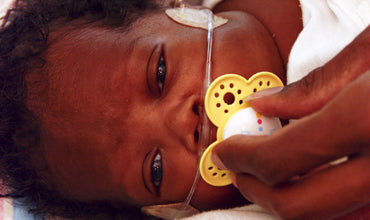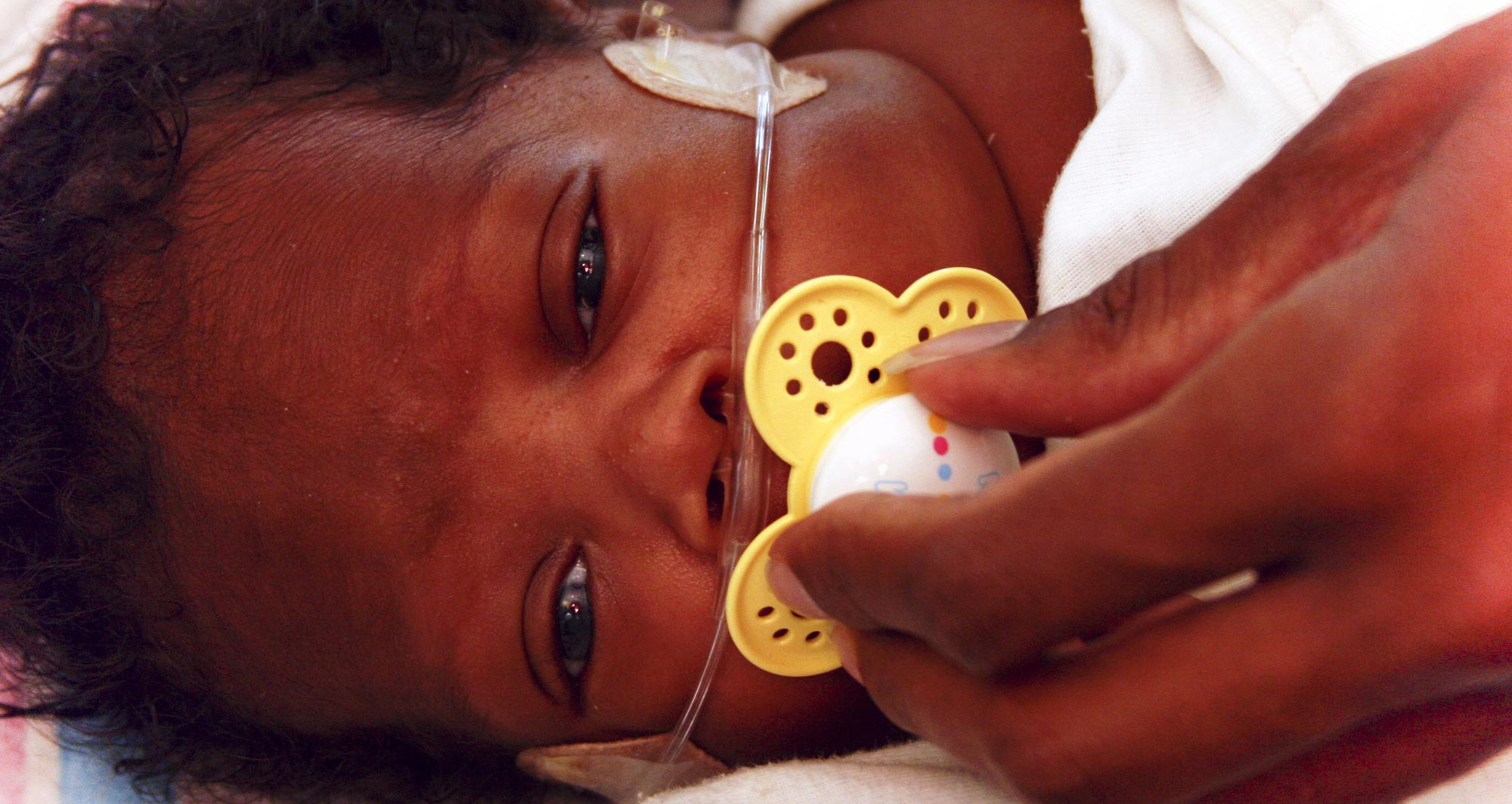
5 Things You Need to Know About Caring for a Premature Baby
Share

Giving birth before your baby has reached full term can be scary for any parent, you can prepare yourself for the challenges ahead by knowing what to expect when caring for a premature baby. If you're an expectant mom, your soon-to-be-born child's health is paramount. One of your biggest worries may involve your baby being born prematurely.
It's an unlikely scenario, given that roughly 5% to 18% of all babies are born prematurely, but if your child is one of those few, you need to be prepared.
Here are the 5 things you need to know about caring for a premature baby.
It's an unlikely scenario, given that roughly 5% to 18% of all babies are born prematurely, but if your child is one of those few, you need to be prepared.
Here are the 5 things you need to know about caring for a premature baby.
1. Consider the Gestational Age of Your Baby
When dealing with babies under 40 weeks old, it's best to not rely on their actual age as a benchmark for their health and development; birth month is a very unreliable barometer for premature babies. For example, a 2-month-old, full-term baby is much different developmentally than a 2-month-old baby who was born prematurely.This is because the full-term baby has a longer gestational age, or the age of the baby since conception. So when gauging your preemie baby's health outside of the womb, always keep in mind his or her gestational age.
This will help you keep everything in perspective.
2. How the NICU Works
If your child is born prematurely, it is likely that he or she will spend some time in the NICU, or the Natal Intensive Care Unit. Typically, babies stay in the NICU until they reach a gestational age of about 36 to 38 weeks.During the period of time in which your newborn is in the NICU you may feel a little helpless, as interaction and physical contact with your
baby will be restricted. Establishing trust and confidence in the nurses and doctors caring for your baby may help give you some peace of mind. You may then be able to make the most of the limited opportunities you have to bond with your baby while in the NICU.
3. Common Health Issues
A baby's gestational age is directly linked to his or her overall general health, which is why premature babies often suffer from certain health conditions.Chief among them are sleep apnea, jaundice, and difficulty eating.
4. Nutritional Needs
Because premature children are born with weaker immune systems, they need extra vitamins and minerals to keep them healthy. Providing a constant supply of breast milk is great, but you may also need vitamin supplements, iron drops, and other added dietary additions.It may be harder to produce milk while your child is in the NICU, but it's important to keep trying. Most NICU's will allow you to provide your breast milk for your child.
5. Preventing Infection
Due to their weakened immune systems, preemie babies are more susceptible to life-threatening infections. To counteract this, consider the overwhelming health benefits of your own breast milk which can be one of your primary tools to ensuring the health of your baby.Breast milk can provide passive immunity for your child by giving him or her various antibodies to fight disease and infection.
Now That You Know About Caring for a Premature Baby...
Caring for a premature baby is often as simple as waiting it out; in many cases, preemies simply need a little more time to better develop vital organs and immune systems. Plenty of babies are born early and go on to lead long, healthy, successful lives.Once it's time to take your baby home, consider our line of skincare products. They're great for babies of any gestational age.




